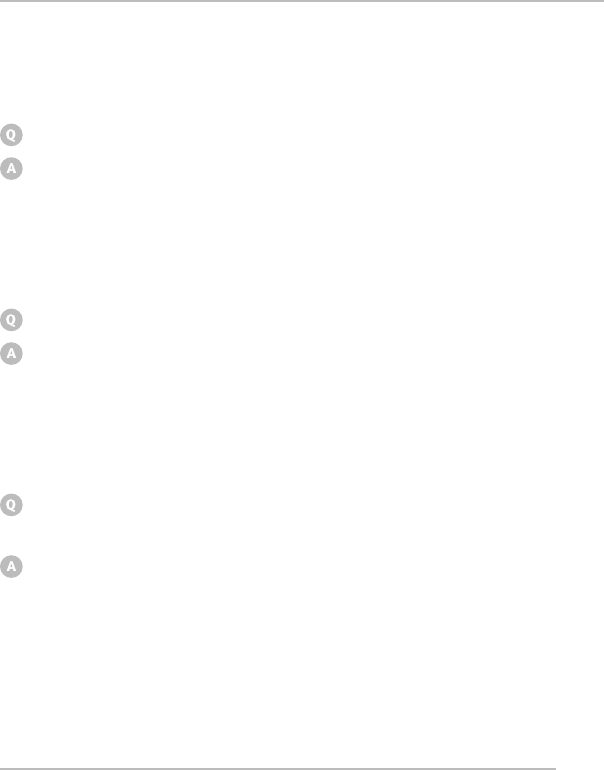
Interviews 117
The best of these are so detailed the job could be completed by another
writer if I were to be knocked down by a bus.
How do you know when something is working?
Instinct. If you’re taking ages to write a sentence or paragraph there’s
something wrong. You need to stop and talk to someone or read poetry or
scream or whatever. And that’s about trusting your instincts. When I started
out I spent too many hours trying to claw my way through texts. I’d have
been far better having the confidence to just stop and think for a while.
Do you actually enjoy writing?
I love the feeling of writing a narrative where the argument is just
flowing and I can hear the chief exec saying it. Day to day the bit I love
most is editing. I think brilliant copywriters are often brilliant editors. The
words that aren’t building the argument are the enemies of the other
words. They’re poisoning the whole piece, so they’ve got to go.
And finally, imagine you were mentoring a younger writer. What
advice would you give them?
Most of what makes a good copywriter is the effort they’re prepared to
make. Readings, professional courses, talks – they’re not a ‘nice to have’,
they’re essential for professional development. Also, don’t become a
freelancer too early because there are tremendous advantages to working
for a company, getting training, learning the business and making contacts.
And if you do go freelance, don’t neglect the real benefits of your job –
things like the flexibility to travel, study or write other stuff.
In a nutshell:
G Great designers are often great writers. Learn from them,
particularly the way they control the creative process.
G Don’t act like a highly-strung prima donna. If that’s really
you then you’re in the wrong job.
G The reader is everything. Agree who they are early on.
M08_HORB7347_01_SE_C08.QXP:M08_HORB7347_01_SE_C08 2/6/09 14:25 Page 117
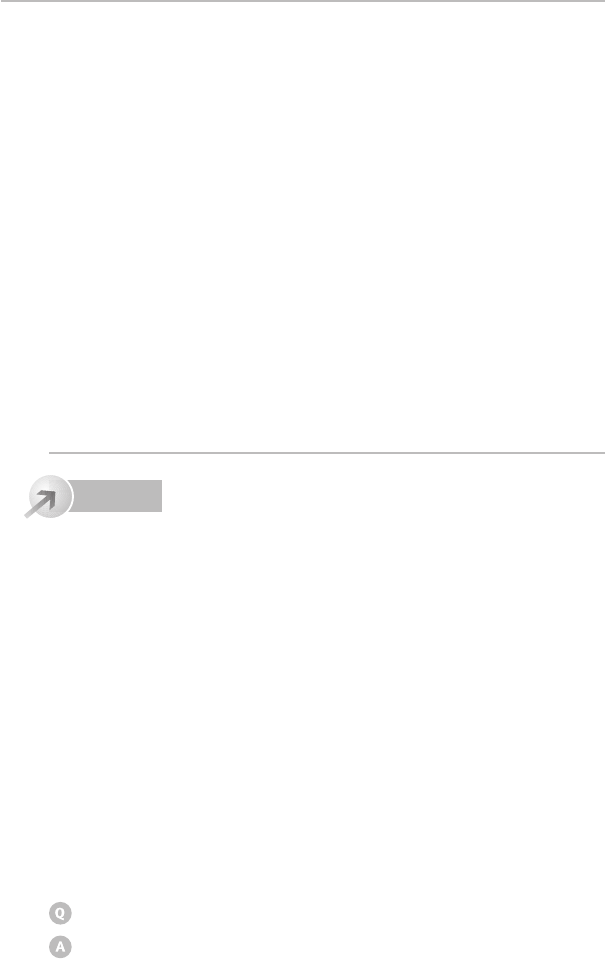
G Maintain a slight distance from your clients. It aids
objectivity.
G Learn to listen.
G Think about the context in which your words will finally
appear and let that influence the writing.
G If you’re stuck try talking to the client.
G Don’t be afraid to be the only dissenting voice. Just be
good-humoured about it.
G Press releases are a fast way to get inside a business.
G If it takes too long to write then it’s probably wrong.
G Copywriting is all about making an effort.
118 brilliant copywriting
brilliant
questions and answers
Will Awdry
‘Brilliant copywriting conveys an idea or thought so extraordinarily
memorable that once I’ve read it I can never forget. It engages me with a
subject I had no knowledge of or interest in and would otherwise have
walked past. It just stops me in my tracks.’
I shared the lift up to Ogilvy’s Docklands HQ with a young photographer
clutching a portfolio the size of Rutland. We got chatting about what I was
there for. ‘You’ll get a good interview,’ he said, ‘Will’s the nicest man in
advertising.’ And so it proved. After a brief chat, Will – who is indeed a distant
relation of the Rev W.G. Awdry of ‘Thomas the Tank Engine’ fame – made me a
cuppa and led me to his office (that’s how important he is). After the obligatory
shuffling of chairs and switching on of tape recorders we got down to business.
Perhaps you could start by telling me what exactly you do.
I’m the joint Creative Director at Ogilvy in London. I’ve spent most of
my working life in advertising, initially as an account exec but for the last
23 years as a copywriter and creative director. These days I’d have to call
M08_HORB7347_01_SE_C08.QXP:M08_HORB7347_01_SE_C08 2/6/09 14:25 Page 118
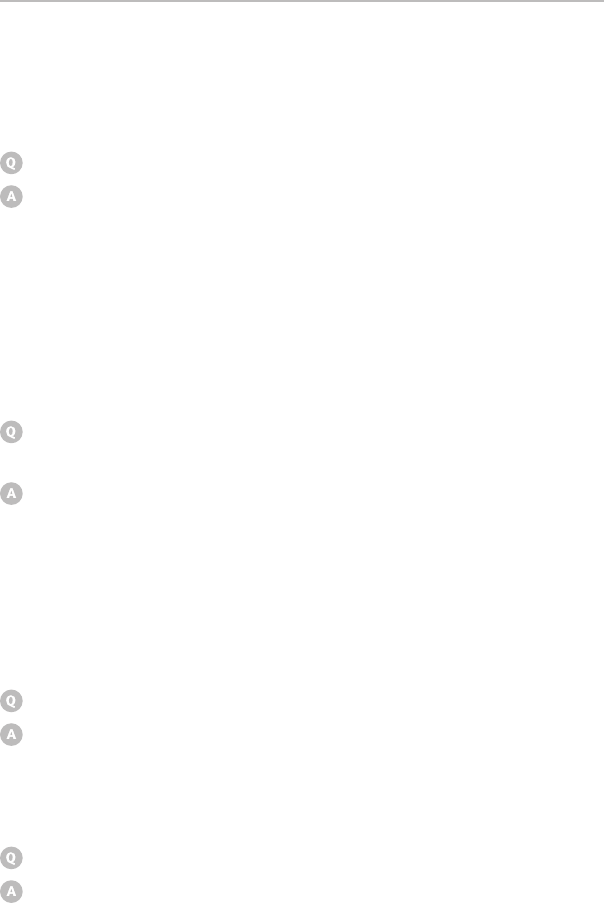
Interviews 119
myself a creative director, although I’m still a copywriter in the sense that
I’m involved with selling, mainly selling ideas to my own people – the most
sceptical audience of all.
Do you miss hands-on writing?
Yes, but there are pros and cons to both positions. Advertising
copywriting places a real premium on the idea, so these days I’m coaching
people whose copywriting has to build those ideas in the mind of the
audience. Plus, there’s no point having a dog and barking yourself. You
need to establish very clear rules when you’re guiding and managing
creative people. If I half write something, either in conversation or in front
of their eyes, it’s important they can then take ownership of it. That
generosity of spirit is essential and works both ways.
When you started out was there anyone there who took you under
their wing?
Barbara Nokes was Head of Copy at BBH where I began and every
single thing you wrote had to go in front of headmistress. In that situation
it was better to be an empty vessel and just absorb everything around you.
I also voraciously read anything to do with creative advertising and
commercial communications. For about two years of my life I could tell you
who won Best Art Director in Ulan Bator in 1957 for ‘Best advert for
household appliance made out of yak milk’. I became deeply dull.
Was seeing your first ads in print a thrill?
Yes, it was an extraordinary feeling. It’s a thrill that diminishes a little
as time goes on, I must say. There’s still a faint echo of that today, but
what’s really going to make you famous isn’t your name in lights, it’s
getting other people’s names in lights.
In what sense?
If you look at the work of David Abbott, a hugely celebrated copywriter,
he had a clear house style. But what you remembered in his work for
Sainsbury’s or Volvo or The Economist is the distinct language he created
for each. If you really wanted to see your name up there you’d be better off
writing fiction.
L
M08_HORB7347_01_SE_C08.QXP:M08_HORB7347_01_SE_C08 2/6/09 14:25 Page 119
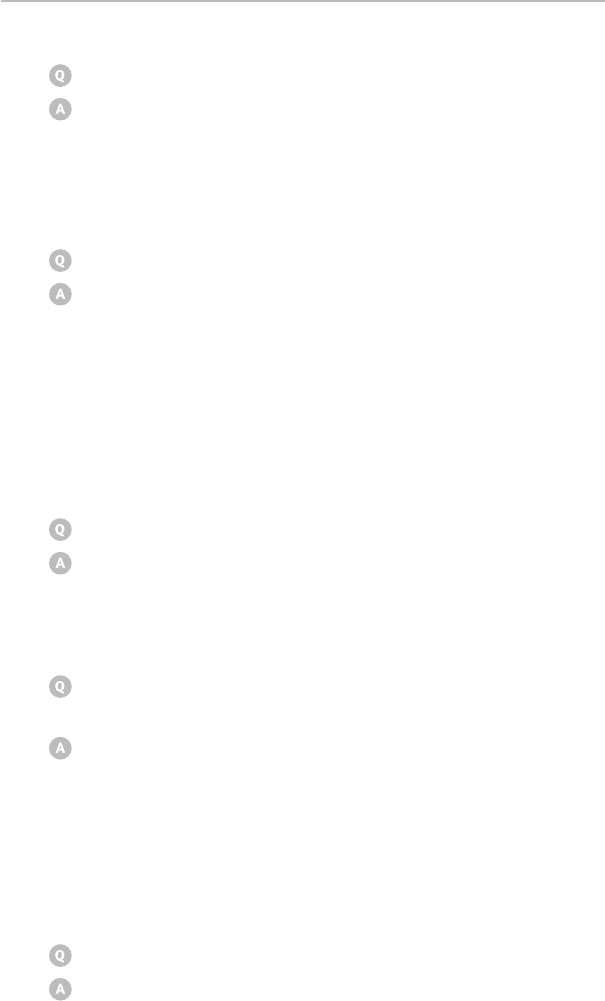
120 brilliant copywriting
So it’s about making the brand the star?
Exactly. If you make the brand the star, you’re doing well at your job,
and one piece of advice I give to my students is ‘I don’t want to see one
piece of your writing because that’s you talking to me. I want to see at
least ten products/brands/services or organisations talking to me to
demonstrate you can become different voices.’
How do you actually start writing?
There comes a point where all the cups are washed, the desk is tidy, all
my pencils are sharp and there’s nothing I can do to delay the moment any
longer. It’s about panic and a naked fear of having been seen to have
failed. Once I’ve got something down on paper I’ll leave it alone. After
minutes, hours or days I’ll reread it and think, ‘Hmm, that’s OK but that
needs to go and the order needs to change and I need more here’ and so
on. Almost certainly the bit you’re most in love with – that choice turn of
phrase you’re so proud of – has to go.
Any tips or tricks you’d care to share?
I’ve lots of little tricks that are begged, borrowed and stolen from other
writers, and that’s the generosity of spirit I was talking about. The best
advice I know comes from Churchill: begin strongly, have one theme, use
simple language, leave a picture in the listener’s mind, end dramatically.
That’s my whole book in 17 words. What about big influences on
your writing?
Certainly Barbara Nokes who guided me in a Miss Jean Brody style
during my early years. I’d also be mad not to acknowledge people like
David Abbott and Tim Delany. Beyond advertising I’d say Richard Ford –
who was David Abbott’s favourite writer – and Graham Greene – who was
Tim Delany’s favourite writer. It’s his economy and the amount of mood he
creates given the lack of adjectives that make Greene’s writing so
extraordinary.
How do you stay fresh?
I’m always looking for new choice phrases, and like a magpie I nick
stuff all the time. The writer that’s influencing me most right now is Marina
M08_HORB7347_01_SE_C08.QXP:M08_HORB7347_01_SE_C08 2/6/09 14:25 Page 120
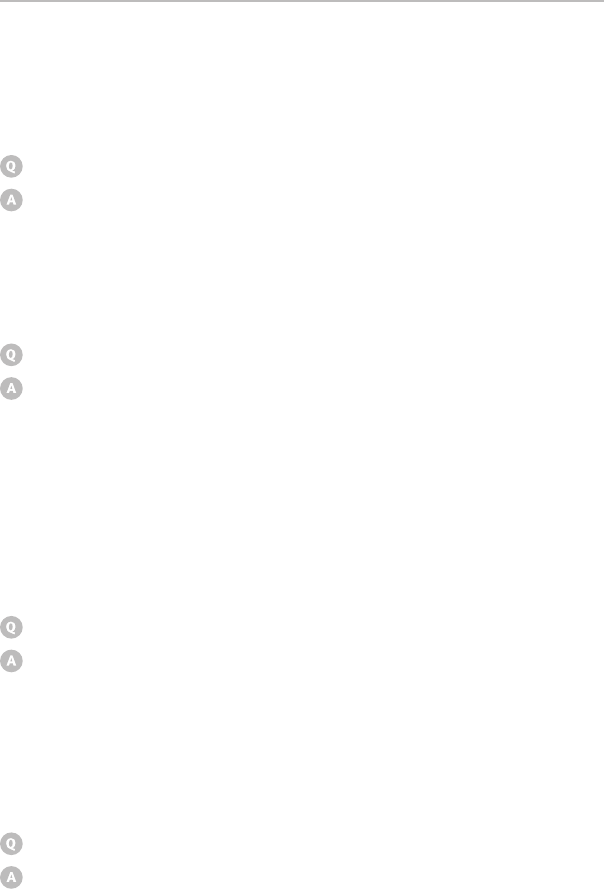
Interviews 121
Hyde in the Guardian. Her use of language is fantastic – she has fun with
words. I think reading is important for your sanity and makes writing more
fun.
How do you feel about being a bit of a magpie? I think we all do it.
This touches on an oft-visited but seldom resolved subject – and that’s
what’s yours and what you contributed. We all have the same narrow range
of tools at our disposal – 26 letters – and we inevitably borrow and are
influenced by others. It’s a question of use and how we recontextualise
what we pick up. You can’t put a Berlin Wall around your thoughts.
So is originality important? Or is authenticity more significant?
Originality is still possible, even in the most tired, overworked areas like
car advertising. God knows how much time, money and effort have gone
into selling cars over the years, and yet I still see fresh thoughts and
inventive new ways of coming at the old problem of flogging cars. So
originality is never dead. Having said that, one person’s originality is
another person’s reworking of existing thought, that then comes across as
something emphatically authentic. That gives it a definitive quality and the
appearance of originality.
How do you know when you’re ready to write?
The first thing is, if you don’t know what question you’re trying to
answer you shouldn’t start. So ask yourself, ‘What am I trying to do?’ Once
you’ve got that you can formulate your answer. And if you know where you
need to get to, it doesn’t matter where you start. Maybe you start on what
ultimately becomes paragraph three, maybe somewhere else – it doesn’t
matter. But you need to know what you want to achieve.
How do you organise longer pieces of writing?
I might do a flow diagram to work out what I need to establish before I
can make my killer point. I might then end with a flourish that reiterates
the introduction – the so-called well-made ad. I do tend to start at the
beginning and write through. The real test is how much can I take out
before it falls apart, because that’s when you realise how much of your own
personality you’ve put between the message and the reader.
L
M08_HORB7347_01_SE_C08.QXP:M08_HORB7347_01_SE_C08 2/6/09 14:25 Page 121
..................Content has been hidden....................
You can't read the all page of ebook, please click here login for view all page.
